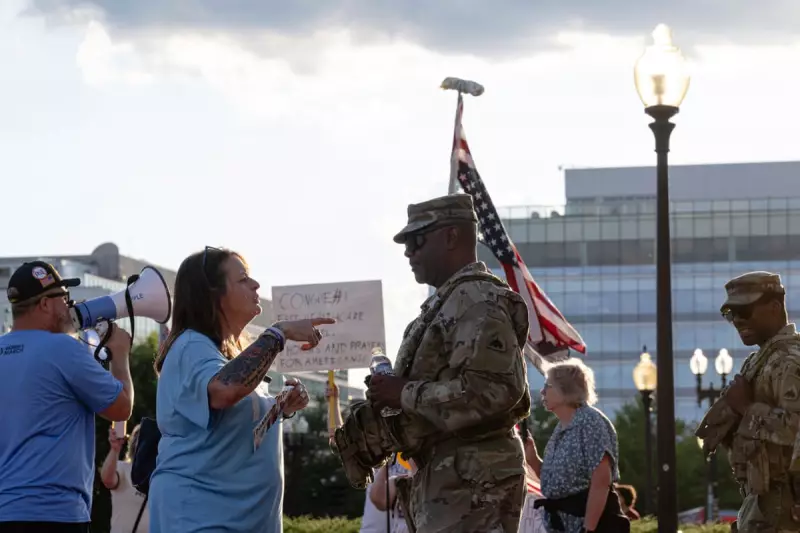
A significant legal challenge has been mounted against the administration of former President Donald Trump, alleging the unlawful deployment of the National Guard to the nation's capital.
Core Allegations of the Lawsuit
The legal action, filed in a federal court, contends that the Trump administration's decision to deploy guard members to Washington DC was not only improper but violated the constitutional rights of both the service members and the citizens they were ostensibly sent to police.
Plaintiffs in the case argue that the deployment was executed without the proper legal authority, bypassing key protocols that govern the use of military personnel for domestic law enforcement. This, they claim, sets a dangerous precedent for the politicisation of the National Guard.
Implications for Military and Civil Rights
The case strikes at the heart of the delicate balance between national security and civil liberties. It raises profound questions about the limits of executive power and the protections afforded to those who serve in a military capacity within US borders.
Legal experts suggest the outcome could redefine the rules of engagement for future domestic deployments, ensuring that the guard is used only under clearly defined and lawful circumstances.
A Reaction to Past Events
This lawsuit is directly linked to the turbulent political events that unfolded in previous years. The plaintiffs' narrative describes a deployment that was reactionary and lacked the necessary legal foundation, potentially infringing upon the Posse Comitatus Act and other foundational statutes.
The case is being closely watched as a barometer for accountability and the rule of law concerning actions taken by previous administrations during periods of civil unrest.






